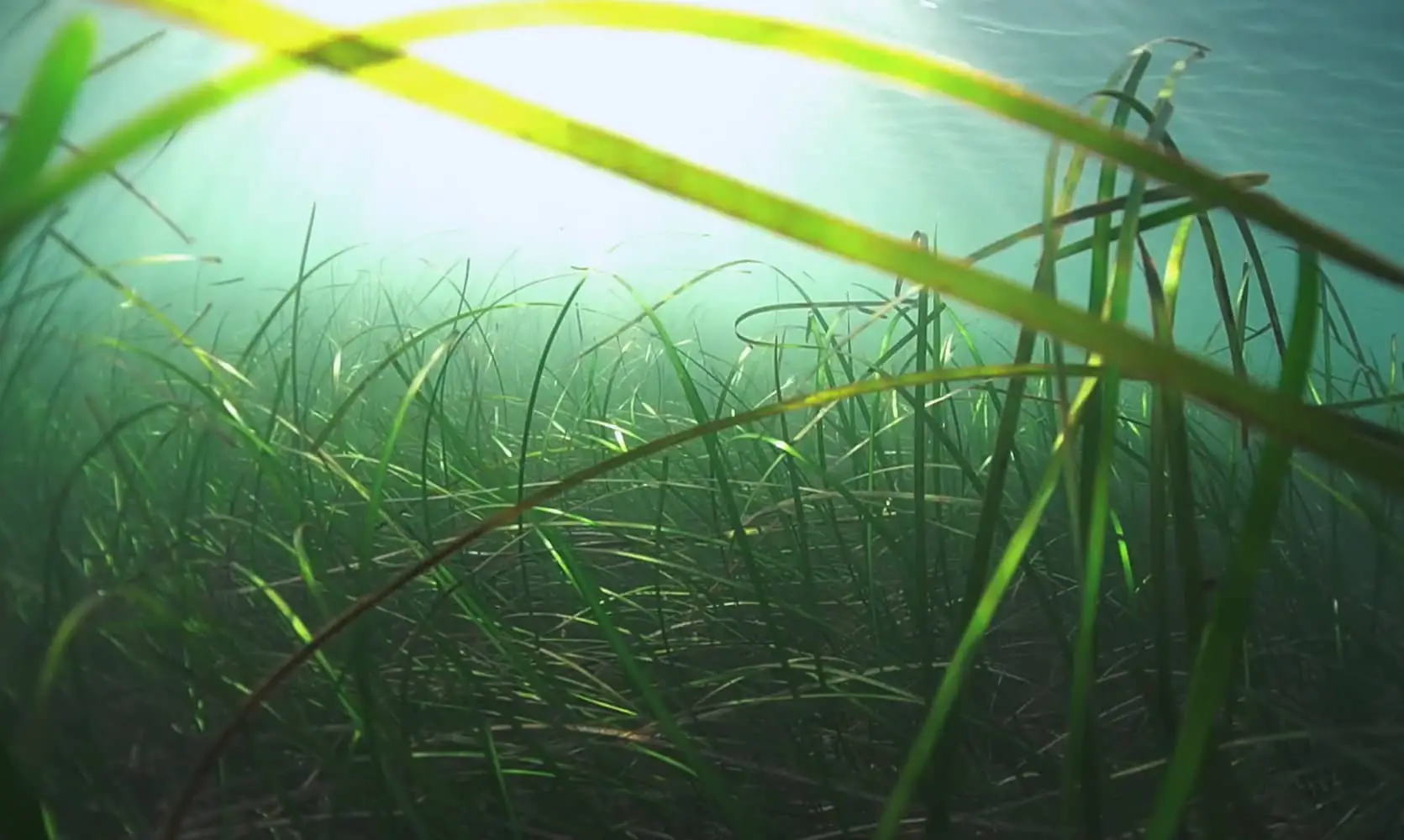News OnTheWight always welcomes a Letter to the Editor to share with our readers – unsurprisingly they don’t always reflect the views of this publication. If you have something you’d like to share, get in touch and of course, your considered comments are welcome below.
This from Maggie Nelmes, Ventnor. Ed
Islanders are up in arms against Southern Water’s constant release of raw sewage into our coastal waters.
Whether a surfer or wild swimmer, a fishing or tourism business owner, or simply an Island resident, we are all adversely affected by this shameless flouting of the regulations, this willful fouling of the rivers and seas we value and depend on.
Seven IW locations in top ten of dry spills
In a recent report, publicised by News OnTheWight, Surfers Against Sewage revealed that, “Southern Water was responsible for four times as many ‘dry spills’ as the next worst offender, South West Water, and the Isle of Wight has seven locations ranking in the top ten for ‘dry spills’”.
Dry spills are sewage discharges occurring when no rain fell. Yet regulations stipulate that discharges are only permitted during ‘unusually heavy rainfall’.”
All around the country, private water companies are now routinely dumping untreated sewage in our rivers and seas, endangering human and animal health, and killing freshwater and marine life.
Unfit-for-purpose Victorian sewerage systems
Rather than investing in new infrastructure, they are making do with unfit-for-purpose Victorian sewerage systems, to maximise their profits for the benefit of their directors and shareholders.
No wonder many people are calling for public utilities like water to be brought back into public ownership.
Storm overflows within 1km of Marine Protected Areas
There are 1,651 storm overflows within 1km of a Marine Protected Area (MPA) in England, and they were spilling sewage into the sea for a shocking 263,654 hours in 2021.
Many people across the country worked hard to persuade the Government to set up these protected areas to shelter vulnerable marine life and provide nurseries for young fish to grow, reviving depleted stocks caused by overfishing.
Marine Conservation Society join the campaign
Now, as a last resort, the Marine Conservation Society (MCS) is joining forces with the Good Law Project (GLP) to take the Government to court for failing to stop this environmental pollution.
At their Great British Beach Clean in September this year, the MCS found sewage related pollution on 73 per cent of the beaches they surveyed in England.
Luk: A polluted, toxic soup
Sandy Luk of MCS writes,
“It hardly needs saying that this is not good for the health of our seas. Plastic, chemicals and bacteria are all part of the cocktail of pollution that makes up untreated sewage spills.
“It won’t matter if we have the most effective management of marine protected areas, or the most sustainable fisheries management in the world (both key Marine Conservation Society ocean goals) if the sea is a polluted, toxic soup.”
Plan fails to offer solution
In August, the Department for the Environment, Food and Rural Affairs (Defra) published its new ‘Storm Overflows Discharge Reduction Plan’ for England, but its proposals to tackle the problem fail to offer a solution to sewage spills from storm overflows.
Here are the MCS’s concerns about the Plan:
- It virtually excludes most coastal waters (except for bathing waters), with some types of marine protected areas and shellfish waters totally excluded. This means around 600 storm overflows are not covered by the Plan and water companies will therefore continue to be able to dump uncontrolled amounts of sewage directly into English seas and onto beaches – completely legally.
- The proposed time frames lack urgency, long-stop targets are being set for 2050, and the earliest, most urgent, targets will not have to be met until 2035.
- There are no targets to implement upstream solutions or to stop harmful pollutants, including chemicals and microplastics, at source.
Sandy Luk of the MCS writes,
“In our consultation response in March, we pointed all of this out and proposed solutions.
“The plan has not been amended since the consultation.”
Government dismissed MCS’s concerns
In early August, the MCS met with DEFRA to draw their attention to the urgency of these issues and recommend strong action.
To their utter amazement, the Government dismissed its concerns, claiming that storm overflows don’t harm estuaries and coastal waters because the sea dilutes the sewage.
This is,
“A ridiculous statement showing either a complete lack of understanding of the impact of the cocktail of plastics, chemicals and pathogens in raw sewage on marine life, or a complete disregard and disrespect for the importance of that marine life.”
No response to open letter to DEFRA
Driven by frustration, the MCS wrote an open letter to DEFRA to highlight their concerns and demand more information on the impacts of the Plan on coastal communities, who had lobbied so hard for DEFRA to address coastal sewage spills.
“To date, we have had no response to our open letter.”
Legal action as last resort
Now, having run out of all other options, the MSC is having to resort to legal action. It is joining forces with the Good Law Project (GLP), an oyster business and a surfer. GLP is setting up a crowdfunding campaign. On its Website, it writes:
“This is one of the biggest environmental scandals of our times. But the Government is failing to put a stop to it.
“We need urgent action to protect our precious and biodiverse ecosystems and to safeguard everyone’s right to safely enjoy our beaches and waterways for generations to come.
“We are joining forces …to compel the Government to rewrite its Storm Overflows Discharge Reduction Plan to impose much tighter deadlines on water companies to clean up their act. We are also in discussions with other potential claimants, who may be added to the claim later.”
What is the Good Law Project?
Good Law Project (GLP) is a not for profit organization, independent of any commercial interests, and funded mainly by members of the public. Its mission is to protect the environment, uphold democracy and defend the interests of marginalized groups.
GLP recently succeeded in forcing the Government to totally rethink their Net Zero strategy.
Show your support
They are now asking for our help to fight for our rivers, waterways and beaches through the courts, the only option left.
Please go to GLP’s Crowdjustice Website – Stop water companies dumping sewage in our rivers and coastal waters – to pledge to donate what you can, however small. We all stand to gain if this legal action succeeds. We simply cannot value too highly clean drinking water and unpolluted coastal waters.
Image: © Theo Vickers – Seagrass in Isle of Wight waters





